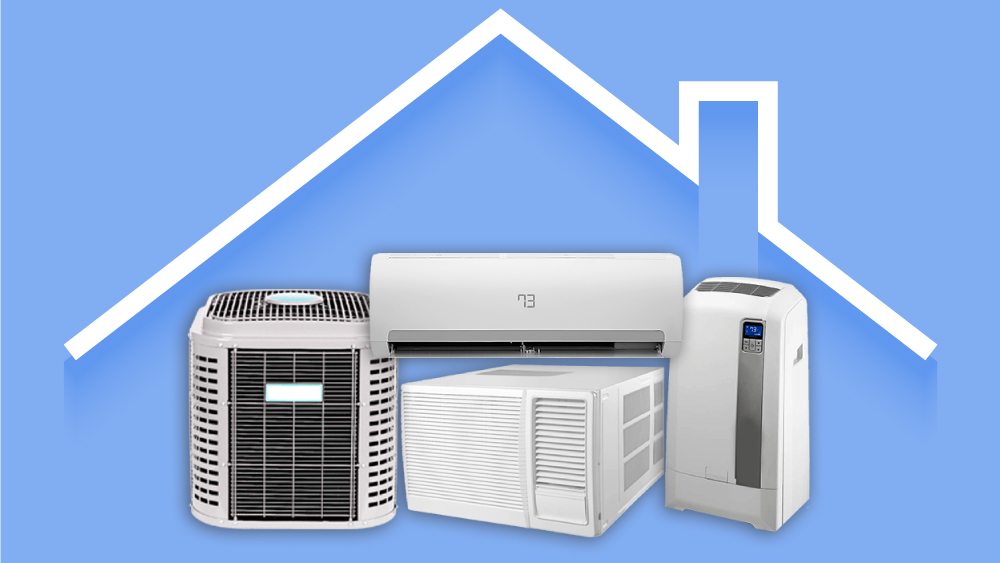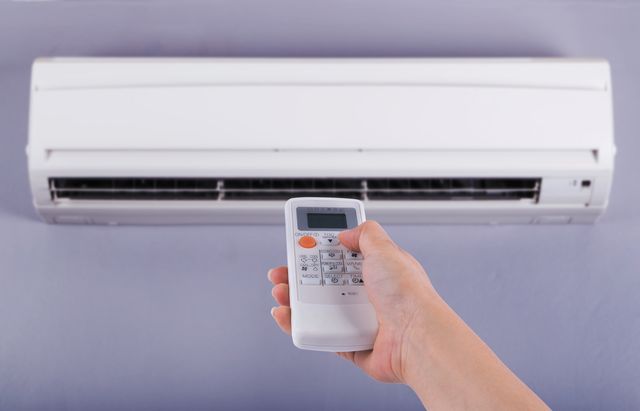What is Air Conditioner?
Air conditioner (often referred to as AC, A/C or air con) is a system used to cool down the temperature in an inside space. That by removing the existing heat and moisture from the room.
Essentially, they work by taking warm air into a system and dispersing cold air. But there is much more to this process.
Air conditioners are called “split-systems”. Because there is an outdoor unit (the condenser) and an indoor unit (the evaporator).These two systems work together to accomplish the task of cooling an interior space. While also dehumidifying it. This dehumidification happens as warm air from inside passes over the cold evaporator. Where the warm air condenses and loses moisture. Just like warm air does on a cold glass of lemonade.
Most important aspects to consider while choosing your AC
POWER
The capacity of an air conditioner is a measure of its maximum rate. At which it can remove heat from a closed space. This is usually expressed in BTUs, or British Thermal Units. Depending on how much area is going to be cooled, there is a recommended number of BTU’s for every square footage. Kitchen footage is recommended to have a slightly higher number of BTU’s when considered.
It’s best when your AC unit runs for longer periods of time. This doesn’t mean that having an AC unit that never stops is the best. This actually means that you needed more power to begin with. On the other end, having a super powerful AC unit that stops and starts often is not the best option either. You want those longer operating cycles to be able to decrease humidity levels. When the humidity is kept at bay, air quality and comfort immediately becomes better. So you have to find an AC unit whose power is just right for you.

ENERGY EFFICIENCY
The following point is how much actual work or performance is achieved with a specific amount of energy. The EnerGuide labels on every air conditioning unit will give you information on this. Every unit has a Season Energy Efficiency Ratio (SEER). The higher the rating, the less energy your device will consume. When choosing between any two appliances with very similar features. This number comes very much in handy.
NOISE LEVELS
This is the final aspect to consider. You want to make sure your AC unit complies with your building or municipality regulations.
Of course, a lower price point might be also a decisive factor when making your final choice. Another great tip is to make it a priority to shop for your air conditioning unit during the off-season. This will give you the advantage of having options. As well as less pressure to purchase in the moment and to find out information about your unit’s warranty.


